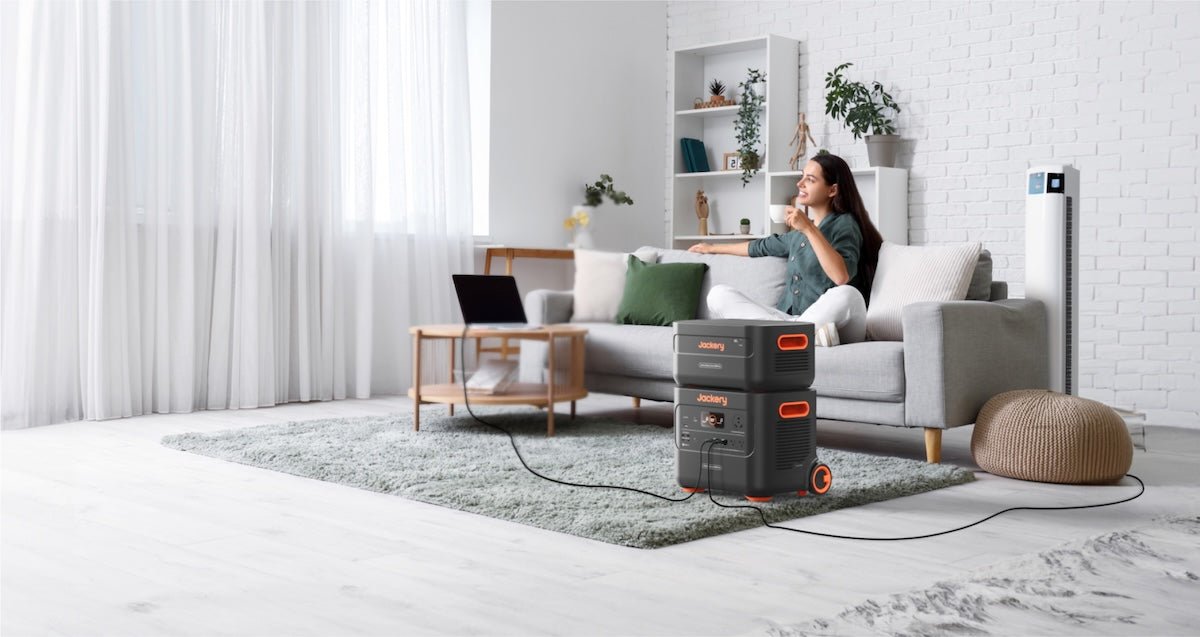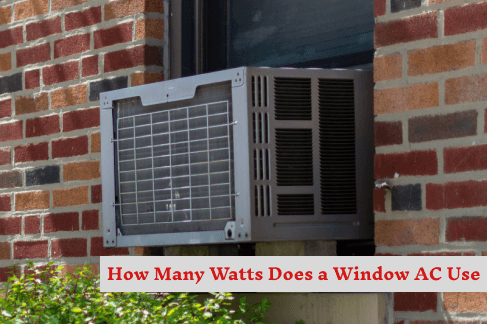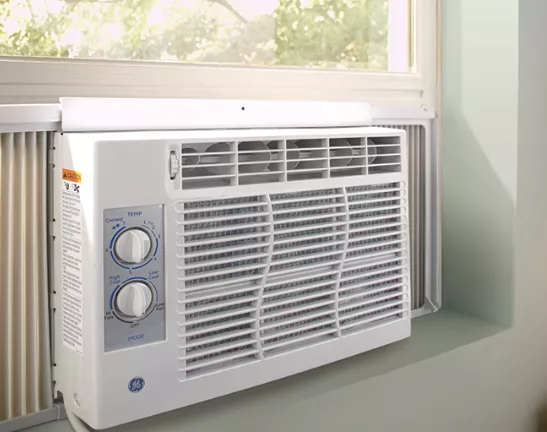Are you worried about your electricity bill soaring every time you turn on your window air conditioner? You’re not alone.
Many people wonder if these units use a lot of electricity and if running one will drain your wallet. Understanding how much energy your window AC consumes can help you make smarter choices and save money. You’ll discover the truth about window air conditioners and their electricity use—so you can stay cool without the shock of a high energy bill.
Keep reading to find out what really affects your power consumption and how you can keep it under control.
How Window Acs Consume Power
Window air conditioners use electricityto cool small rooms efficiently. Their power use depends on the unit’s size and settings. Usually, they consume between 500 to 1500 watts. The bigger the unit, the more power it uses.
Several factors affect how much energy a window AC consumes:
- Room size:Larger rooms need bigger units that use more electricity.
- Temperature setting:Lower temperatures require more power.
- Usage time:Running the AC longer increases power use.
- Energy efficiency:Newer models use less electricity than older ones.
- Outdoor temperature:Hotter days make the AC work harder.

Credit: www.forbes.com
Comparing Window Acs To Other Cooling Options
Window air conditioners generally use less electricity than central AC but more than fans or evaporative coolers. They are efficient for cooling small spaces without high energy costs. Comparing options helps find the best balance between comfort and electricity use.
Window Ac Vs. Central Ac
Window ACsuse less electricity than central ACs. Central ACs cool the whole house, which needs more power. Window ACs cool only one room, saving energy. Central ACs are best for big homes, but they cost more to run.
Window Ac Vs. Portable Ac
Portable ACs are easy to move but use more electricity than window ACs. Window ACs cool better and are more efficient. Portable ACs need more power because they also use a fan to move air.
Window Ac Vs. Fans
Fans use very little electricity compared to window ACs. Fans do not cool the air but help you feel cooler by moving air. Window ACs lower the room temperature, but they use more power than fans.
Energy Efficiency Ratings And What They Mean
SEERstands for Seasonal Energy Efficiency Ratio. It shows how well an air conditioner cools over a season.
EERmeans Energy Efficiency Ratio. It measures cooling efficiency at a specific temperature.
Higher SEER or EER numbers mean better energy efficiency and lower electricity use.
| Rating | Meaning | Energy Use |
|---|---|---|
| SEER 13+ | Good seasonal efficiency | Lower electricity consumption |
| EER 10+ | High efficiency at peak times | Uses less power during hot days |
Energy Starcertification means the unit meets strict energy rules.
Such models save money by using less electricity.
They often have higher SEER and EER ratings.
Tips To Reduce Electricity Use
Proper installationhelps your air conditioner work better and use less power. Make sure it fits tightly in the window to stop air leaks. Clean or replace filters often to keep air flowing well. Dirt can make the unit use more electricity.
Smart usage habitscan cut electricity use. Close doors and windows while the AC is on. Use fans to spread cool air faster. Avoid using heat-producing devices like ovens during hot hours.
Using timers and thermostatscontrols how long and when the AC runs. Set the thermostat to a comfortable but not too cold temperature. Timers can turn off the AC when no one is home, saving energy and money.
Common Myths About Window Ac Energy Use
ACs do use electricity, but they do not always drain power. Modern window ACs have energy-saving modes. They use less electricity when the room is cool enough. Leaving the AC on low is often better than turning it on and off repeatedly.
Bigger units tend to use more electricity because they cool larger spaces. Choosing the right size for your room helps save energy. A small AC in a big room works harder and uses more power.
Turning the AC off and on too often can use more electricity. The compressor uses a lot of power to start. It is better to set a comfortable temperature and leave the AC running steadily.

Credit: www.jackery.com
Calculating Your Window Ac Electricity Costs
To estimate the electricity consumptionof a window air conditioner, start by finding its power ratingin watts. This is usually on a label or in the manual. Then, check how many hours you use the AC daily.
Multiply the power rating by the hours of use. For example, a 1000-watt unit running for 5 hours uses 5000 watt-hours, or 5 kilowatt-hours (kWh).
Electricity bills charge per kWh used. Knowing your AC’s kWh helps predict monthly costs.
| Item | Value | Explanation |
|---|---|---|
| Power Rating | 1000 W | Electric power the AC uses |
| Daily Use | 5 hours | Time AC runs each day |
| Daily Consumption | 5 kWh | Power used daily (1000W × 5h) |
| Monthly Consumption | 150 kWh | Daily use × 30 days |
Check your electricity billfor the price per kWh. Multiply that rate by your AC’s monthly kWh to find the cost.

Credit: www.renogy.com
Frequently Asked Questions
How Much Electricity Does A Window Ac Use?
Window air conditioners typically use between 500 to 1500 watts per hour. Usage depends on the unit’s size and efficiency. Larger units consume more power. To reduce electricity costs, choose an energy-efficient model and ensure proper insulation. Regular maintenance can also help in optimizing energy usage.
Are Window Acs More Efficient Than Central Air?
Window ACs can be more efficient for cooling small spaces. They’re ideal for single rooms, reducing energy wastage. Central air cools entire homes, which can be inefficient for small areas. For larger spaces, however, central air may provide more consistent cooling and energy efficiency.
Does A Window Ac Increase Electricity Bills?
Yes, a window AC can increase your electricity bills. The amount depends on usage duration, unit efficiency, and size. Opting for an energy-efficient model and using it wisely can help minimize electricity costs. Regular maintenance and proper insulation can also contribute to lower energy consumption.
How To Reduce Window Ac Electricity Usage?
To reduce electricity usage, set the thermostat to a moderate temperature. Ensure the room is well-insulated to prevent cool air escape. Regularly clean the filters and schedule maintenance checks. Use energy-efficient models and consider using a programmable timer to control usage when not needed.
Conclusion
Window air conditioners do use electricity but not as much as many think. Choosing the right size helps save energy and money. Running the unit only when needed also reduces power use. Regular cleaning keeps it working well and lowers bills.
Small changes make a big difference in electricity use. Cooling your home can be comfortable and cost-effective. Simple habits help you stay cool without wasting energy.
